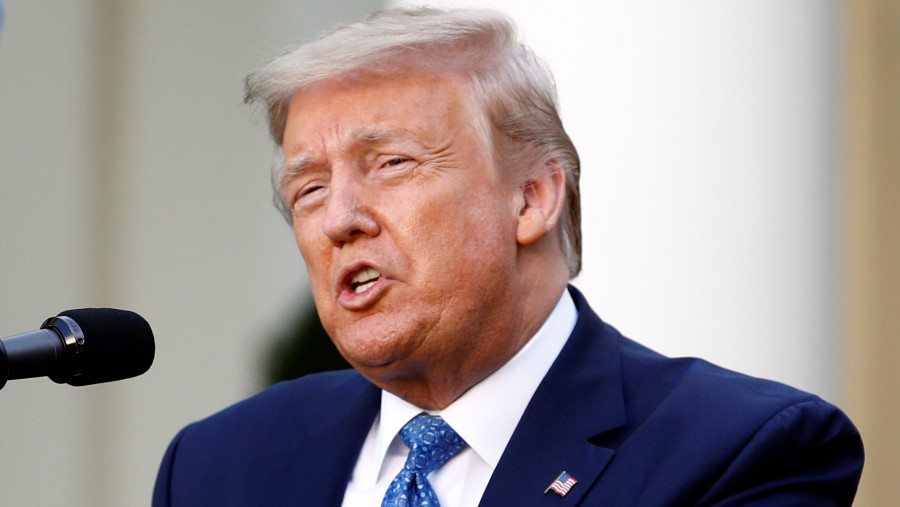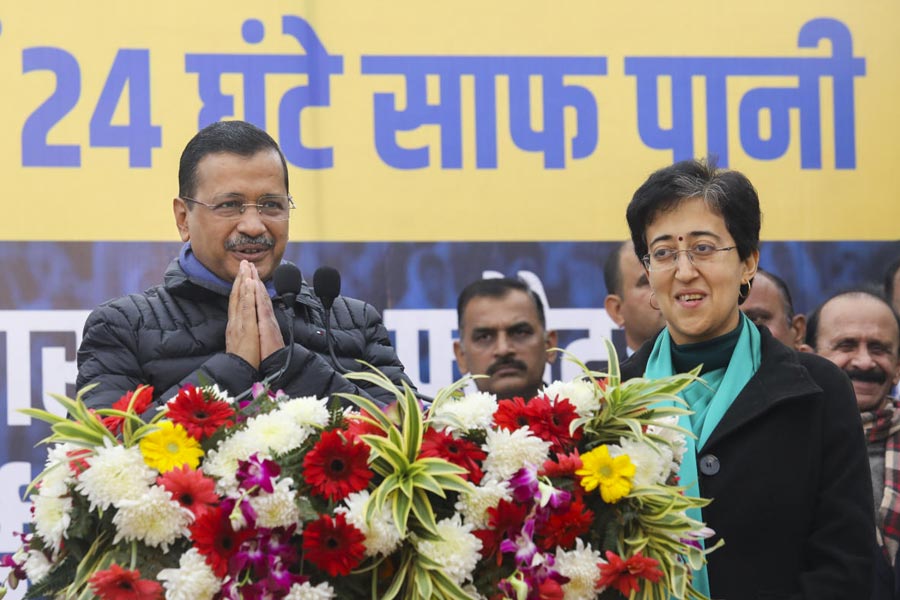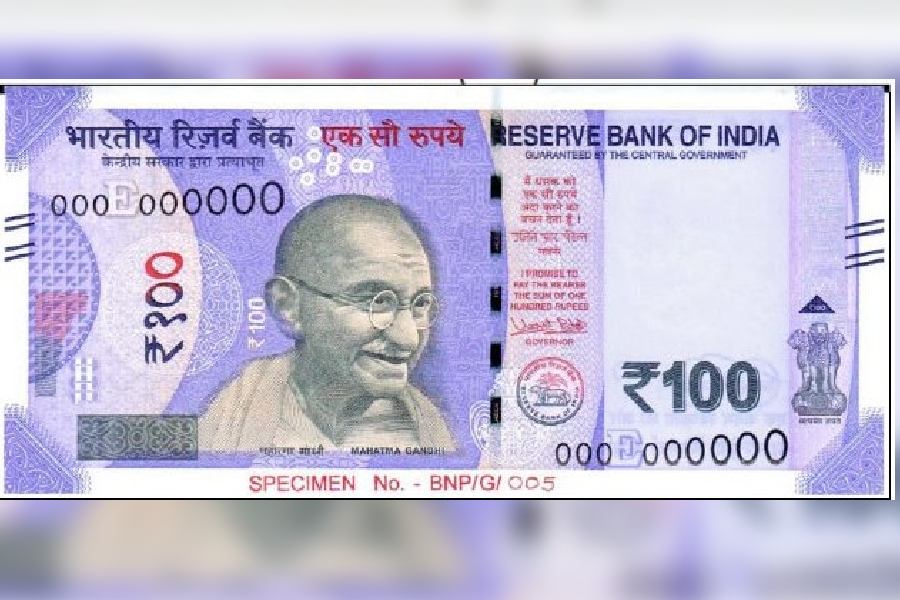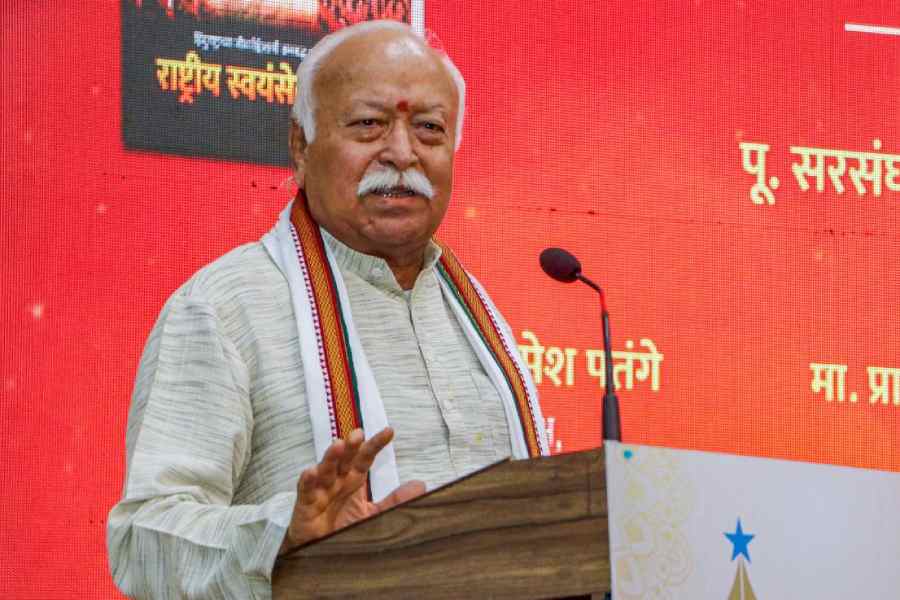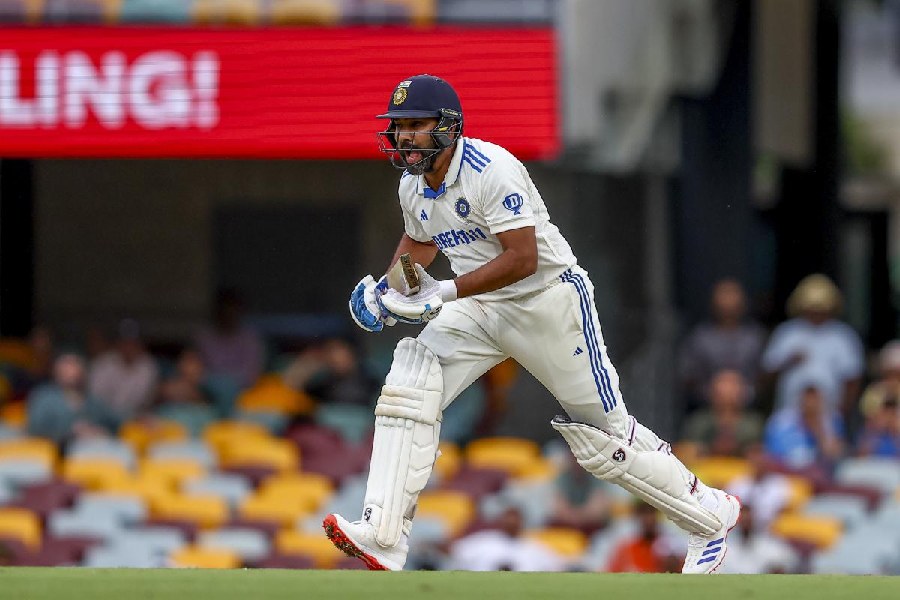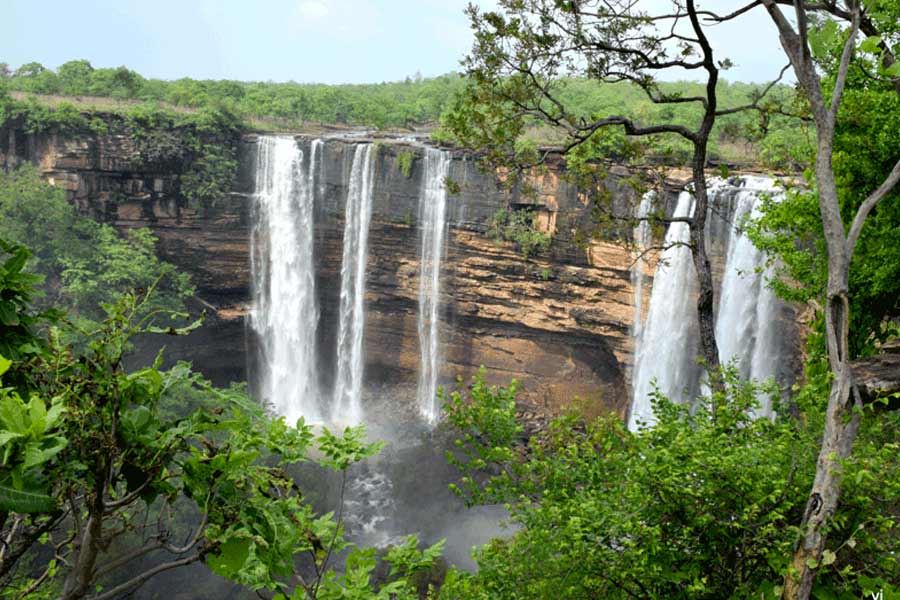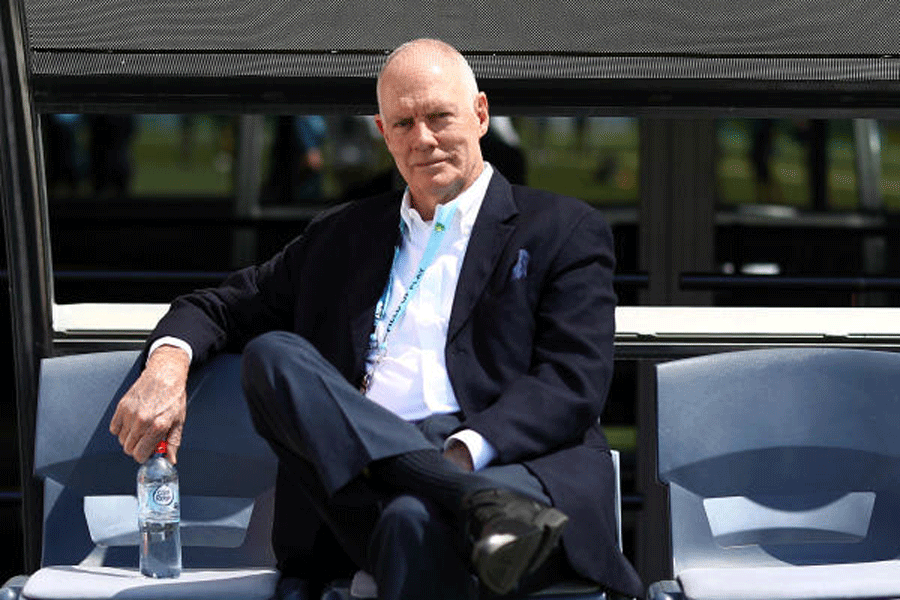It was one of the most dramatic moments in a presentation filled with them: Just before President Donald J. Trump went on stage near the White House last year and urged his supporters to “fight like hell” and march on the Capitol, an aide testified on Tuesday, he was told that some of them were armed.
It was also a potentially consequential moment for any prosecution of Trump, legal experts said. Knowing that his crowd of supporters had the means to be violent when he exhorted them to march to the Capitol — and declared that he wanted to go with them — could nudge Trump closer to facing criminal charges, legal experts said.
“This really moved the ball significantly, even though there is still a long way to go,” said Renato Mariotti, a legal analyst and former federal prosecutor in Illinois. The extent to which the justice department’s expanding criminal inquiry is focused on Trump remains unclear. But the revelations in the testimony to the House select committee by Cassidy Hutchinson, a former White House aide, both provided new evidence about Trump’s activities before January 6, 2021, assault on the Capitol and chipped away at any potential defence that he was merely expressing well-founded views about election fraud.
“There’s still a lot of uncertainty about the question of criminal intent when it comes to a President, but what just happened changed my bottom line,” said Alan Rozenshtein, a former justice department official who teaches at the University of Minnesota Law School. “I have gone from Trump is less than likely to be charged to he is more than likely to be charged.”
A spokesman for attorney-general Merrick B. Garland declined to comment on Hutchinson’s testimony — although one of Garland’s predecessors did weigh in. “The department is clearly looking into all this, and this hearing definitely gave investigators a lot to chew on,” said William P. Barr, who resigned as attorney-general under Trump after saying publicly weeks after Election Day that there was no evidence of fraud widespread enough to have changed the race’s outcome.
During her testimony to the panel, Hutchinson recounted a conversation she had on January 3, 2021, with Pat Cipollone, the top lawyer in the White House. Hutchinson described how Cipollone worriedly pulled her aside that day after learning that Trump was considering marching with his supporters to the Capitol after his speech near the White House on January 6 — a decision, he suggested, that could have major consequences. “We’re going to get charged with every crime imaginable,” Cipollone said, by Hutchinson’s account.
One of the crimes Cipollone was concerned about, Hutchinson recounted, was the same one the committee had accused Trump of committing in a court filing this spring: the obstruction of a congressional proceeding —namely, the certification of the Electoral College vote inside the Capitol on January 6.
A federal judge in a civil suit related to the House committee’s work also concluded this year that Trump and one of his legal advisers, John Eastman, most likely had committed felonies, including obstructing the work of Congress and conspiring to defraud the US, through their efforts to block certification of the Electoral College results.
According to Hutchinson, another potential crime that worried Cipollone was incitement to riot. That offence, while simpler in theory than obstruction, requires prosecutors to reach a high threshold of evidence and prove that a defendant’s words presented an immediate threat of lawlessness or danger. Some legal scholars said Hutchinson’s testimony made the best case to date that Trump had in fact incited the crowd. “Until this point, we had not seen proof that he knew about the violence,” said Daniel Goldman, a former federal prosecutor who served as the lead counsel during Trump’s first impeachment. “The testimony made very clear he was not only entirely aware of the threat but wanted armed people to march to the Capitol. He was even willing to lead them.” This winter, a federal judge in Washington, ruled that a group of civil lawsuits claiming that Trump was liable for the violence on January 6 could go to trial.
(New York Times News Service)

